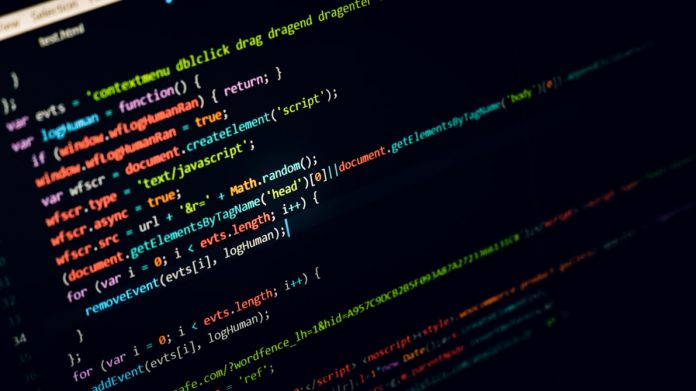Ahead of Spain’s elections in April and May, the country’s government is reportedly creating a special unit to identify cyber threats and fake news. The government is concerned about potential campaigns of disinformation and cyber attacks.
According to Spanish media, experts from the National Security Department, the Office of the State Secretary for Communication, and several ministries are working together. One of the first steps taken is to monitor the internet and help collect and process data before removing false information.
“Cambridge Analytica, which worked for Donald Trump’s election and Brexit campaigns, proved that data from social media could be easily used to sway elections. And we have to understand that such influence may come not only from candidates but from third parties as well,” comments Daniel Markuson, a digital privacy expert at NordVPN. “Elections and many other political processes have become data-driven in recent years. This makes it easier to dismiss opponents, shift public opinion, or divert attention.”
If you can get your hands on enough personal data, you can predict almost anything – including how someone will vote. Specifically targeted information on sensitive topics can completely shift one’s opinion. The data for such targeting mostly comes from various social media channels, people’s browsing habits, data leaks, and hacks.
“If you see a social media ad before an election, it’s probably because your data shows you care about that topic or that your vote is of particular value. You can find as much fake news on social media as genuine news stories. That’s because various groups of interest try to exploit any media distribution platform to misinform the public,” says Daniel Markuson, a digital privacy expert at NordVPN. “One of the biggest problems is that many social media users often believe whatever they read without checking their facts first. So be vigilant. Question everything and double-check the news you see on social networks. And try sharing less information about yourself online.”
How not to fall into the fake news trap:
– Double-check the news and other information you see on social media. Some of it may be fake.
– Always check the source of the news and better trust traditional media outlets.
– If the text is full of typos and grammar errors, it is a high chance you are dealing with fake news.
– If you notice something suspicious, inform the social network and official state institutions.
– Delete your browser cookies regularly. Use online security tools, such as anti-tracking browser extensions, antivirus, and VPN.
– Revoke access to social applications you no longer use. Remove suspicious apps that offer to get likes and followers or view private accounts on Instagram.
– Keep educating yourself on how to avoid various online threats.
According to the latest study by the Eurobarometer, 80% of Spanish residents are concerned about the threat of fake information and its potential harm to democracy.
The Spanish general election will take place on April 28, and the local, regional, and European Parliament elections on May 26.
Laura Tyrell – NordVPN | nordvpn.com





